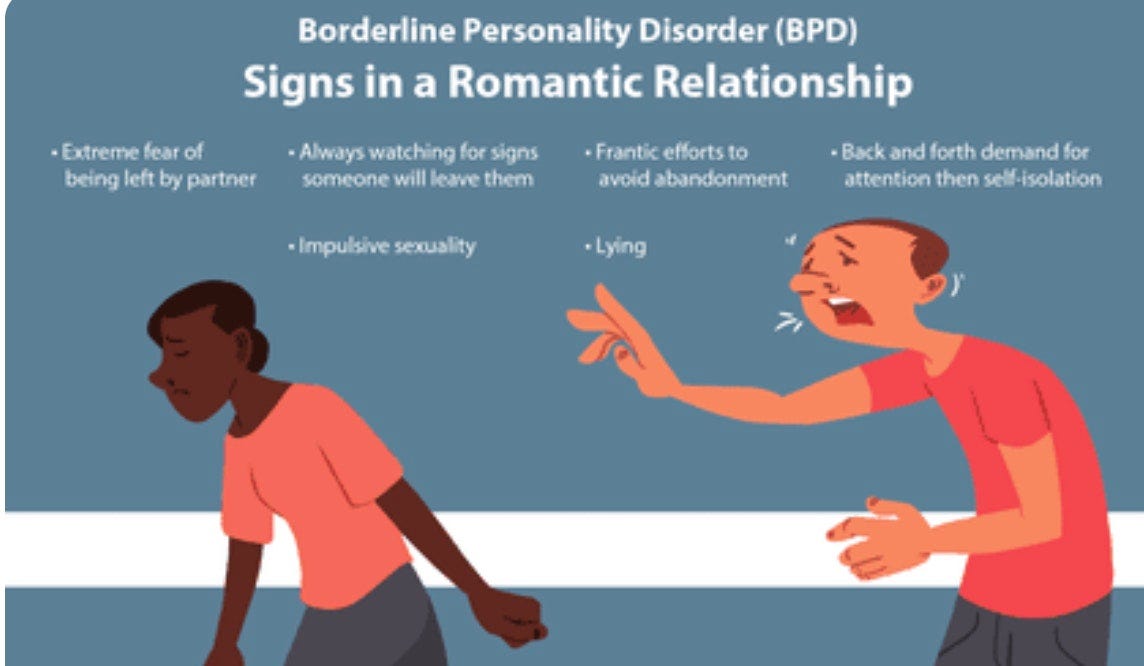Dissociative Identity Disorder (DID), formerly known as Multiple Personality Disorder, is a complex mental health condition characterized1 by the presence of two or more distinct2 personality states. These distinct identities, often referred to as “alters,” can have unique names, memories, behaviors, and emotions.
Causes of DID
DID is often linked to severe childhood trauma, typically involving physical, sexual, or emotional abuse. As a coping mechanism, the mind may dissociate or disconnect from traumatic experiences, leading to the development of distinct identities.
Symptoms of DID
- Presence of Multiple Identities: The individual may experience shifts between different identities, each with its own unique characteristics and behaviors.
- Memory Gaps: The individual may have gaps in their memory, particularly regarding traumatic events.
- Dissociation: Feelings of detachment from one’s thoughts, feelings, or body.
- Depersonalization: A sense of detachment from oneself, as if observing one’s own actions from outside the body.
- Derealization: A sense of detachment from one’s surroundings, making the world seem unreal or dreamlike.
Treatment for DID
Treatment for DID is typically long-term and involves a combination of therapies:
- Psychotherapy: This is the primary treatment for DID. Therapists work with individuals to integrate the different identities and address underlying trauma.
- Medication: Medication may be used to treat specific symptoms, such as anxiety, depression, or insomnia.
- Support Groups: Support groups can provide a safe space for individuals with DID to connect with others who understand their experiences.
It’s important to note that DID is a complex condition that requires specialized treatment. If you or someone you know is experiencing symptoms of DID, it’s crucial to seek professional help from a qualified mental health professional. Early diagnosis and treatment can help individuals manage their symptoms and improve their quality of life.



